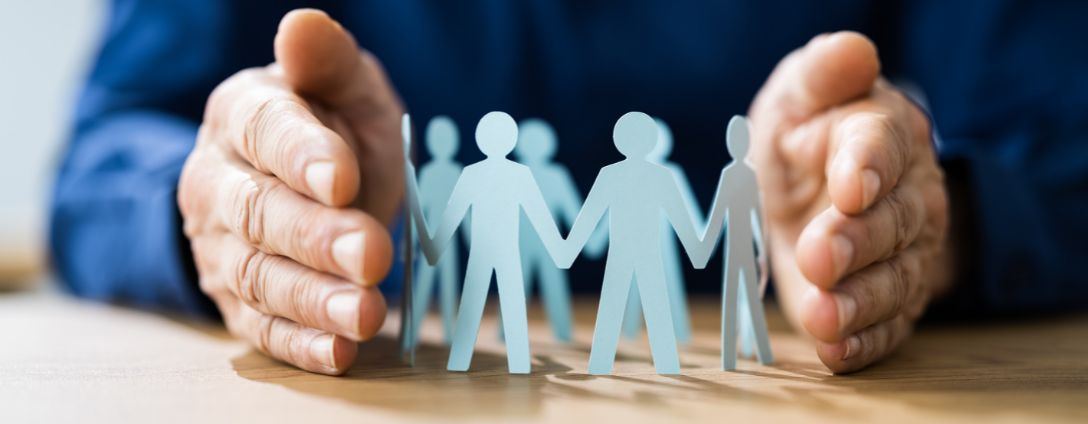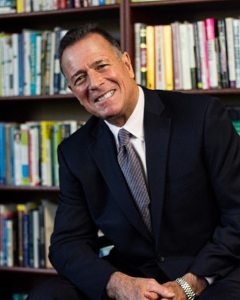
 By Tino Mantella
By Tino Mantella
TLG President & CEO
Why does it take so long for most adults to see an issue, understand it, and then address it? Pick any topic that has raised its head in the last three decades or centuries, and there is a typical human process in response, whether it’s about race, sexual orientation, or even the climate. The commonality is we see the issue, but most of us wait for the momentum to build before we address it.
I’m reminded of the song “One Voice” by Barry Manilow and many others. The lyrics go something like this:
“It takes that one voice
Just one voice
Singing in the darkness
All it takes just one voice
Shout it out and let it ring
Just one voice
It takes that one voice
And everyone will sing.”
Mental health is one of those areas that has been with us through the ages, yet until the last decade, it’s been hidden away as an abnormality. The CDC tells us that nearly 20% of adults in America live with mental health disorders and since there were 44,310 gun-related deaths in 2022, leaders have finally noticed. Well, how hard did we all need to be hit over the head before we realized these were real issues?
Mental Health Programs
Companies are finally starting to address mental health and wellness issues. Wellness used to be about fitness. When I ran the Chicago YMCAs, from 1991 to 2001, we saw many companies buying into the fitness craze, which was a good thing because the mind and the body are temples, as they say. Even if it was used as a recruitment tool, which it was for many, it was still a good thing. Today, we see the first group of companies broadening the term wellness. A fast-growing position, for example, is a corporate wellness manager. I predict over the next ten years that most companies will have a wellness department focusing on physical and mental wellbeing. Barclays, for instance, has developed a “This is Me” campaign that encourages disclosure around mental health issues and needs.
Ernst & Young has initiated a “Better You” program that offers up to 25 counseling sessions for employees and their family members. And Microsoft offers a program called “Microsoft Cares”. It started as employees shared their personal mental health stories. Sonja Kellen, Senior Director of Global Health and Wellness at Microsoft, explains how it happened organically rather than through a program. “We didn’t ask, but it has happened that many of our leaders stepped up and started telling their stories, their struggles or ones they’ve witnessed,” said Sonja. “And it has naturally become pervasive in the culture.”
Companies have many competing priorities, and employee mental health may be just that “one voice.” But it’s building to a crescendo, and more and more people will take notice and action. It must happen because it’s the right thing to do, and it benefits any company.
Tino
Contact Info:
Cell: 678-984-8528

